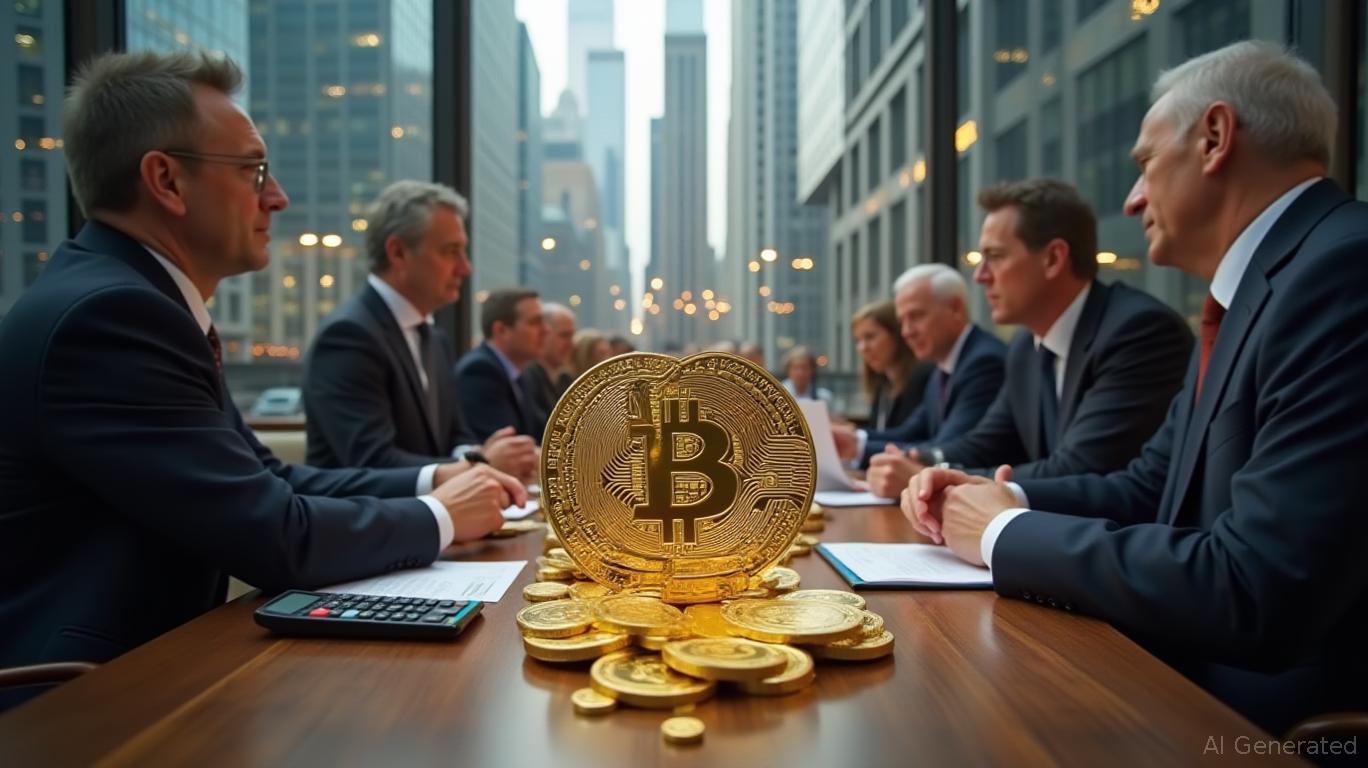BlackRock’s July 2025 report underscores a pivotal shift in global reserve dynamics, positioning de-dollarization as an active trend driven by geopolitical tensions, inflation, and waning confidence in U.S. debt. The firm, managing nearly $12.5 trillion in assets, highlights central banks’ growing emphasis on diversifying reserve holdings beyond the U.S. dollar. While gold remains the dominant alternative, Bitcoin’s inclusion in sovereign-level discussions marks a nascent but significant evolution in reserve strategy.
Central banks accelerated gold purchases in 2024, acquiring over 1,000 metric tons—more than double the average of the prior decade. Official gold holdings now approach 36,000 metric tons, a level unseen in over 50 years. Gold’s share of global reserves currently stands at 20%, with the dollar’s share declining to 46%. The euro and other currencies account for 16% and 18% respectively. Emerging markets, including Azerbaijan, China, and Iran, have been particularly active in this transition, often motivated by sanctions risks or currency volatility. China’s central bank, for instance, increased its reported gold reserves from 2,000 to 2,299 metric tons between late 2022 and mid-2025, with some analysts suggesting actual holdings may be higher based on import activity [1].
Bitcoin’s emergence in reserve conversations reflects its unique attributes as a decentralized, supply-capped asset. While central banks have not yet adopted it en masse, the Czech National Bank initiated a formal review of Bitcoin’s potential in early 2025, with the governor suggesting up to 5% of its €140 billion portfolio could be allocated. Similar citizen-led campaigns in Switzerland have advocated for modest Bitcoin allocations. However, adoption remains limited. A 2025 survey by Central Banking Publications found none of the 91 central banks surveyed held Bitcoin, with only 2% expressing intent to invest in crypto assets within five to ten years, down from 16% in 2024 [2]. Reluctance stems from Bitcoin’s volatility, liquidity risks, and unresolved custody challenges, alongside institutional frameworks favoring assets with long-term stability.
Governments and sub-sovereign entities, however, have taken incremental steps. The U.S. established a Strategic Bitcoin Reserve in March 2025, allocating 200,000 seized Bitcoins into a non-trading account. Texas followed with a $10 million state-level reserve, while Pakistan announced similar plans. Smaller nations like Bhutan and El Salvador have experimented with Bitcoin as a strategic asset, with Bhutan’s reserve reportedly constituting nearly 28% of its GDP [3]. These moves underscore Bitcoin’s growing legitimacy as a long-term hedge, albeit with varying degrees of caution.
Bitcoin’s price trajectory in 2025 further fuels its institutional appeal. It surged to $123,000 in July 2025, up 75% from late 2024, driven by over $50 billion in institutional inflows. BlackRock’s iShares Bitcoin Trust now manages $80 billion in assets, outpacing early gold ETF growth. Regulatory clarity, including the U.S. CLARITY and GENIUS Acts, has also bolstered confidence, with Bitcoin’s volatility relative to equities declining according to VanEck data [4]. Despite these advancements, central banks remain cautious, prioritizing gold’s proven track record over Bitcoin’s nascent role.
The dollar’s 10% decline over six months—a steepest drop since 1973—has amplified demand for alternatives. A weaker dollar reduces the cost of dollar-priced crypto for foreign buyers while eroding fiat confidence, prompting investors, including Trump, to explore decentralized options. While gold’s dominance is likely to persist, Bitcoin’s inclusion in reserve discussions signals a paradigm shift. As central banks reevaluate their strategies, the interplay between gold’s stability and Bitcoin’s innovation will shape the future of global reserves.
Sources:
[1] [title1] [url1: https://coinmarketcap.com/community/articles/68852f09cd505a2fad82d500/]
[2] [title2] [url2: https://coinmarketcap.com/community/articles/68852f09cd505a2fad82d500/]
[3] [title3] [url3: https://coinmarketcap.com/community/articles/68852f09cd505a2fad82d500/]
[4] [title4] [url4: https://coinmarketcap.com/community/articles/68852f09cd505a2fad82d500/]

